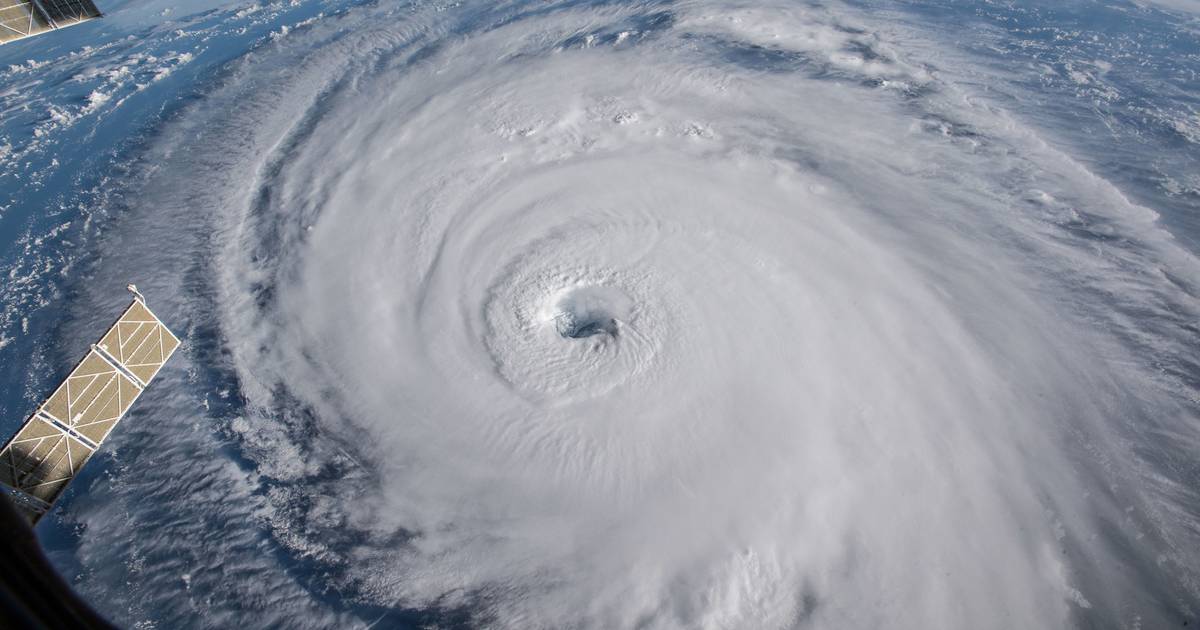Recent research has raised concerns that waste heat, a by-product of energy production, could become a global problem similar to greenhouse gases. Astrophysicist Eric J. Chaisson calculated that a significant increase in energy consumption could raise the Earth’s temperature by three degrees in just 280 years. Subsequent studies have supported Chaisson’s conclusions, although the scale of his calculations has been questioned.
Waste heat is currently estimated to only contribute about two percent to global warming, but its effects can be more pronounced in heavily populated areas like big cities. For example, waste heat from air conditioning systems can raise the average temperature in cities by one degree or more, impacting local climate patterns. The combined effects of waste heat and greenhouse gases could have significant implications for future climate change projections, especially as global energy consumption continues to rise.
As we consider the potential impacts of waste heat on our planet, it’s important to differentiate between different forms of energy production. Fossil fuels and nuclear power are sources of energy that generate waste heat that can contribute to global warming. In contrast, renewable energy sources like solar and wind power do not produce additional waste heat, as they harness energy that is already circulating on Earth. By understanding the dynamics of waste heat and its effects on localized climate patterns, we can better address the challenges of balancing energy consumption with environmental sustainability.


